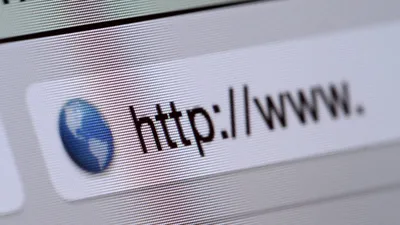Psychologists suggest that the internet may be intensifying our fear of small holes.
Recent experiments indicate that online discussions on social media platforms about ‘trypophobia’—the fear of small holes—may be contributing to its prevalence.

The Study
In a survey of 283 people aged 19 to 22, psychologists from the University of Essex and the University of Suffolk discovered that a quarter of those with trypophobia had never heard of the condition before.
The study also found that individuals were more likely to develop trypophobia and be more sensitive to small holes if they had heard of the condition previously.
Notably, 64 percent of respondents learned about trypophobia through the internet or social media.
Social Influence
“These results suggest that while the internet’s presence may contribute to the social learning aspect of trypophobia, it is not the sole explanation,” the researchers noted.
The researchers claimed that those suffering from the phobia have higher chances of hearing about the phenomenon from someone close like friends, relatives or family members.





